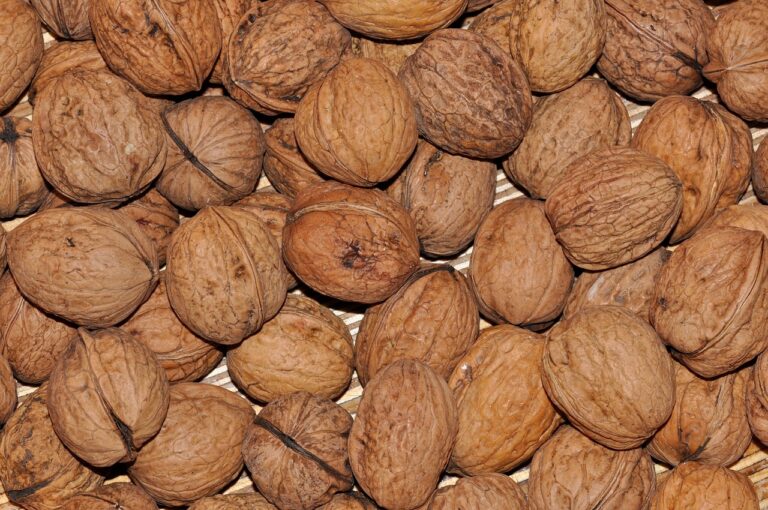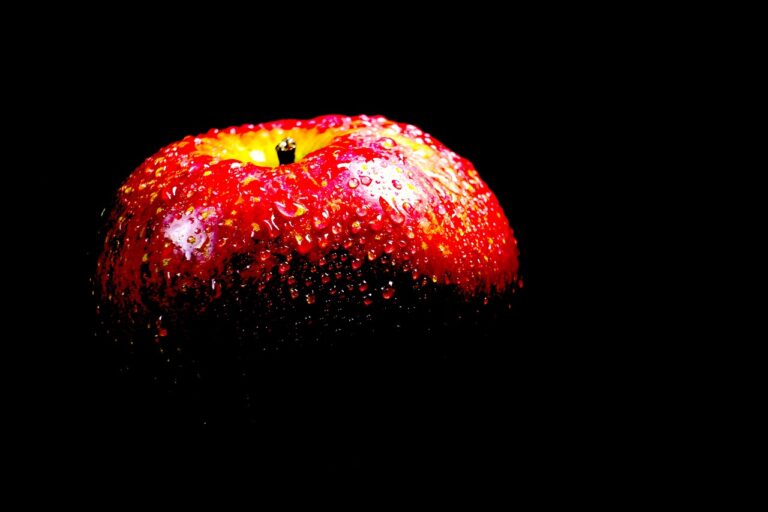The Impact of Beekeeping on Sustainable Agriculture: Sky247 com login password, 11xplay new id sign up, Play99exch
sky247 com login password, 11xplay new id sign up, play99exch: Beekeeping has been a vital practice in agriculture for centuries, providing numerous benefits for both the environment and local communities. As the world continues to focus on sustainable agricultural practices, the impact of beekeeping becomes increasingly important. In this article, we will explore the various ways in which beekeeping contributes to sustainable agriculture and why it is crucial for the future of farming.
The Role of Bees in Agriculture
Bees are essential pollinators that play a critical role in the production of many fruits, vegetables, and other crops. Without bees, many plants would not be able to reproduce, leading to a decline in crop yields and biodiversity. In fact, bees are responsible for pollinating around 75% of the world’s food crops, making them indispensable to agriculture.
The Impact of Beekeeping on Crop Yields
By keeping bees on farms, farmers can significantly increase their crop yields through improved pollination. Studies have shown that farms with beehives nearby have higher crop yields than those without, as the bees help to ensure that plants are properly pollinated. This leads to larger and more abundant fruits and vegetables, ultimately increasing the overall productivity of the farm.
Furthermore, beekeeping can also help to improve the quality of crops. Bees are known to increase the size, flavor, and shelf life of fruits and vegetables through their pollination efforts. This means that farmers can produce higher-quality produce that fetches higher prices in the market, ultimately increasing their profitability.
The Environmental Benefits of Beekeeping
In addition to boosting crop yields, beekeeping also offers a range of environmental benefits. Bees play a crucial role in maintaining the health and diversity of ecosystems, as they pollinate a wide variety of plants, including wildflowers, trees, and shrubs. By keeping bees on farms, farmers can help to support local biodiversity and ensure the long-term health of their land.
Furthermore, bees help to maintain the health of the soil by facilitating the growth of cover crops and other vegetation. Their pollination efforts also help to improve soil fertility, leading to healthier and more resilient agricultural systems. This, in turn, reduces the need for harmful chemical fertilizers and pesticides, making beekeeping an important tool for promoting sustainable farming practices.
The Economic Impact of Beekeeping
Beyond its environmental benefits, beekeeping also has a significant economic impact on local communities. Beekeeping can provide a valuable source of income for farmers, as they can sell honey, beeswax, and other bee products for profit. In addition, beekeepers can also offer pollination services to other farmers, further increasing their revenue.
Moreover, beekeeping can create employment opportunities for local communities, as the demand for bee products continues to grow. By supporting beekeeping initiatives, governments and organizations can help to stimulate economic growth in rural areas and empower small-scale farmers to improve their livelihoods.
Challenges and Solutions in Beekeeping
While beekeeping offers a range of benefits for sustainable agriculture, it is not without its challenges. One of the main threats facing bee populations today is the widespread use of pesticides and other chemicals in agriculture. These chemicals can have a devastating impact on bee health, leading to declines in bee populations and reduced pollination services.
To address this issue, farmers and beekeepers must work together to promote organic farming practices and reduce the use of harmful chemicals. By adopting sustainable agricultural methods, such as crop rotation, intercropping, and the use of natural pest control methods, farmers can help to create a safer and healthier environment for bees.
FAQs
Q: How can I support beekeeping in my community?
A: There are several ways you can support beekeeping in your community. You can buy locally-produced honey and other bee products, plant bee-friendly flowers and trees in your garden, and support initiatives that promote sustainable beekeeping practices.
Q: Are there any risks associated with beekeeping?
A: While beekeeping can offer numerous benefits, there are some risks associated with it. Beekeepers are at risk of being stung by bees, which can be painful and even dangerous for those with allergies. It is important for beekeepers to take proper safety precautions when working with bees.
Q: How can I start beekeeping as a beginner?
A: If you are interested in starting beekeeping, it is important to do your research and educate yourself on the basics of beekeeping. You can join a local beekeeping association, take a beekeeping course, and invest in the necessary equipment to get started.
In conclusion, beekeeping plays a crucial role in promoting sustainable agriculture and supporting the health of our ecosystems. By keeping bees on farms, farmers can increase their crop yields, improve the quality of their produce, and support local biodiversity. Furthermore, beekeeping offers a range of economic benefits for farmers and local communities, making it a valuable tool for promoting sustainable agricultural practices. By working together to address the challenges facing bee populations, we can ensure a bright future for beekeeping and the agricultural industry as a whole.







